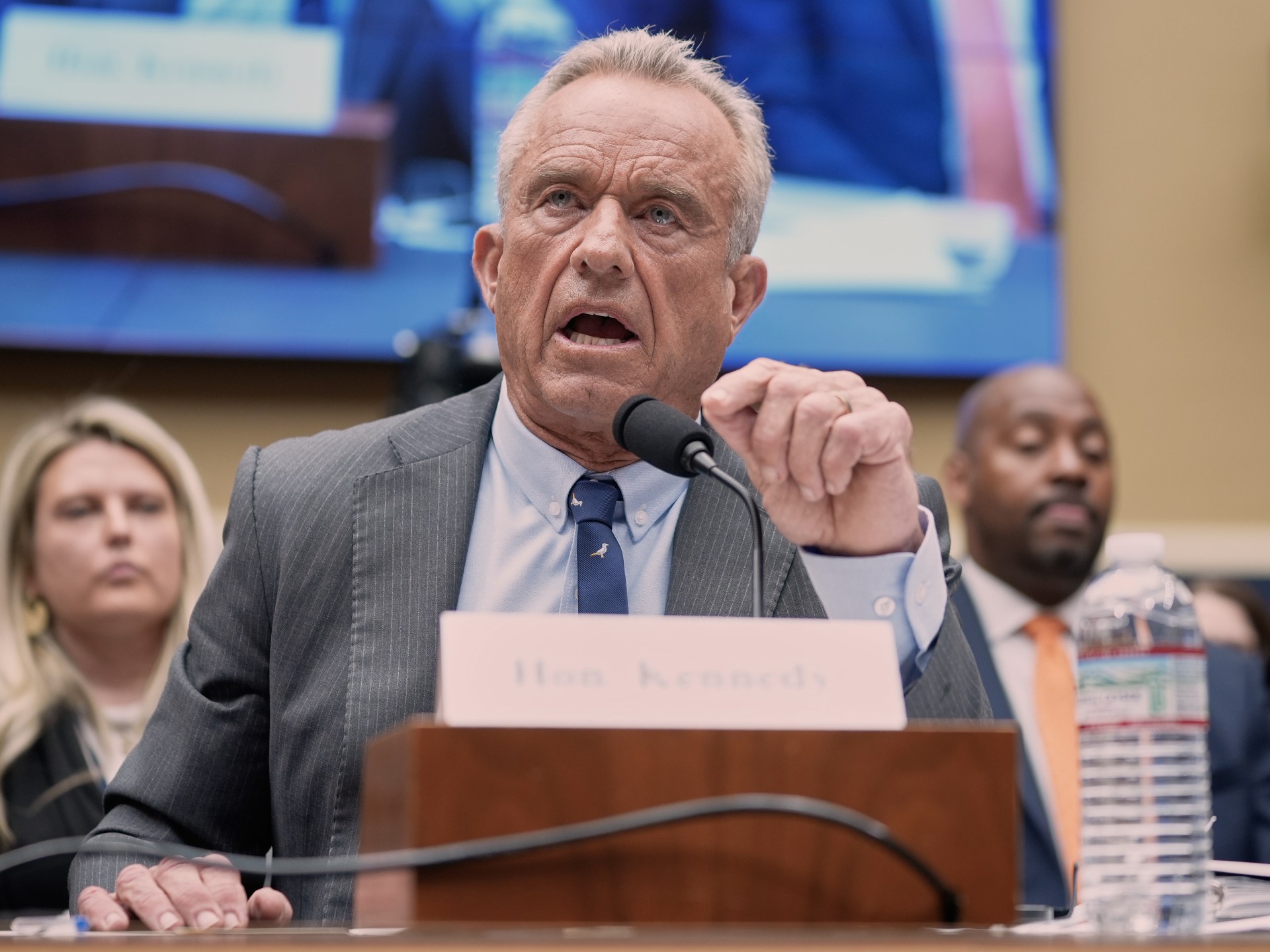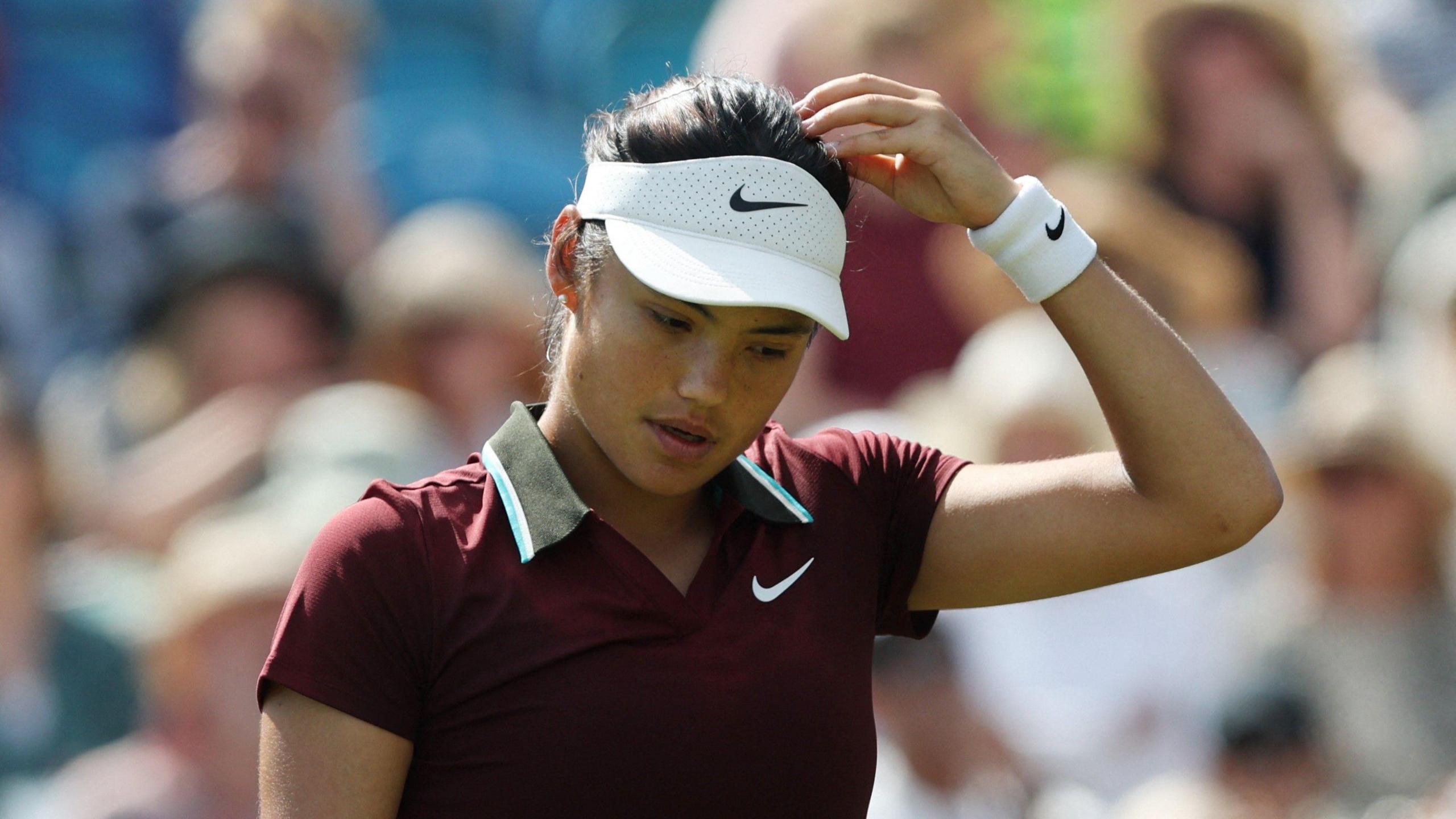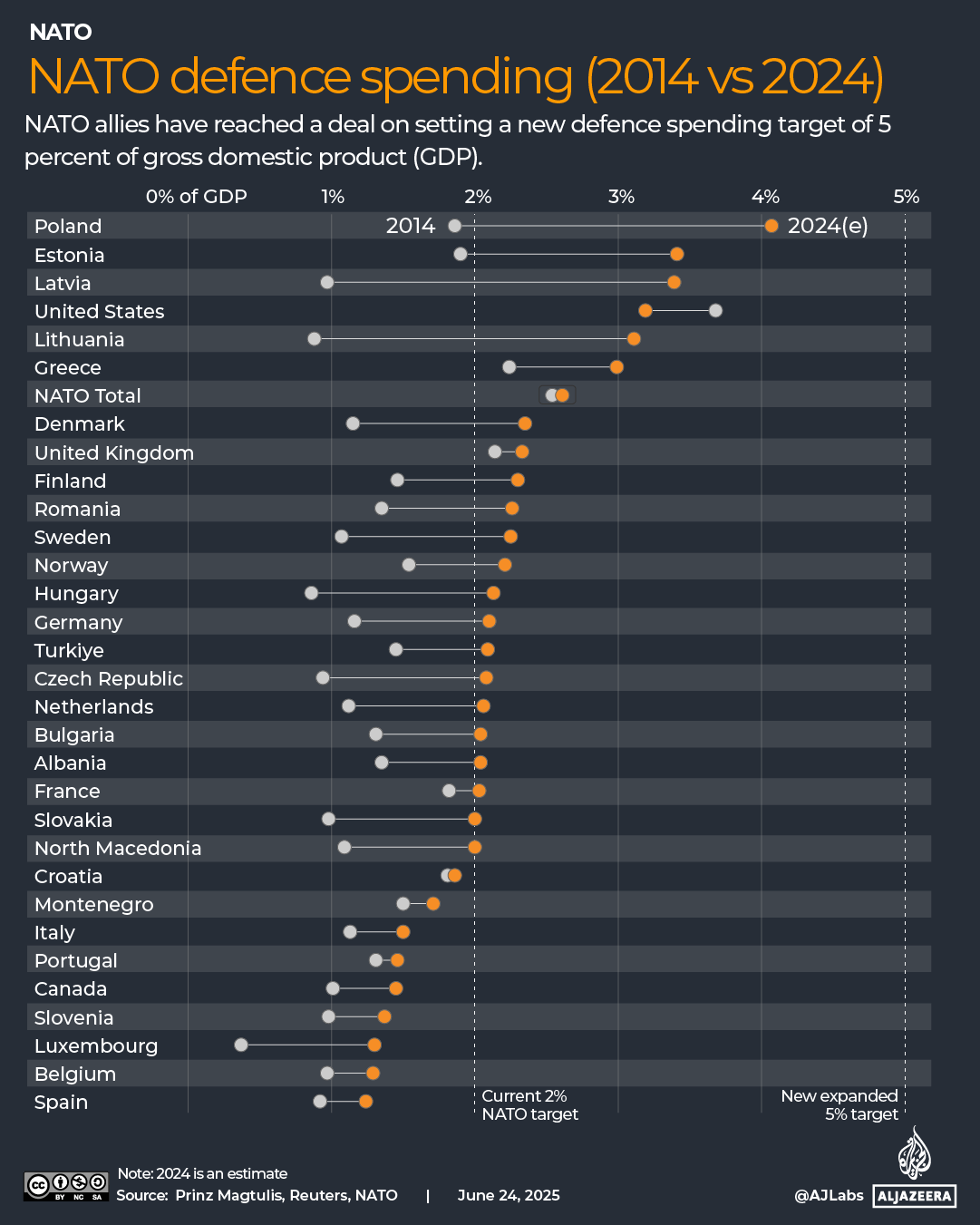Robert F. Kennedy, the secretary of health and human services, has announced that the United States will no longer support Gavi, a global health initiative that has immunized more than one billion of the world’s poorest children.
Kennedy claimed in a video that was broadcast on Wednesday at a Gavi fundraising event that the group had made dubious recommendations regarding COVID-19 vaccines. Although he provided no proof to back up those concerns, he also raised questions about the diphtheria-tetanus-whole-cell pertussis vaccine known as DTPw.
In the video, Kennedy stated, “I call on Gavi today to reclaim the public trust and defend the $8 billion that America has provided in funding since 2001.”
Kennedy added that before investing in vaccines, Gavi should take into account all available science. The United States won’t contribute more until that happens, he said.
The publication Politico and Reuters, both of which published the video’s details, did the reporting.
Gavi stated in a detailed statement that it prioritizes safety above all other issues and that it adheres to recommendations from the World Health Organization.
Gavi also stated in the statement that it has complete confidence in the DTPw vaccine, which it claims has aided in reducing child mortality in all of the nations it supports since 2000.
The statement states that “the DTPw vaccine has been administered to millions of children around the world for decades and is said to have saved more than 40 million lives over the past 50 years.”
Prior to this announcement, US President Donald Trump’s administration made it known that it would cut roughly $300 million in US funding for Gavi as part of a wider reduction in international aid.
The US was requested to reconsider its decision by advocacy groups.
Non-profit organization Public Citizen claimed in a statement that Kennedy’s claims that Gavi ignored science are utterly false.
“Gavi’s recommendations have been reviewed by independent experts and are supported by extensive evidence. His suggestion would otherwise fuel the same disinformation that has already resulted in fatal measles outbreaks and the resurgence of vaccine-preventable diseases like polio.
Since taking office in February, Kennedy has upended the US medical system as a long-time vaccine sceptic. Despite numerous studies demonstrating no link between autism and vaccines, he has raised concerns about potential connections.
The Advisory Committee on Immunization Practices (ACIP), or expert panel on vaccines, was appointed by President Obama earlier this month.
The committee, which was established 60 years ago, reviews data and makes recommendations regarding vaccine recipients. These recommendations can also affect the vaccines that health insurance plans may cover.
About half of Kennedy’s first eight replacements have opposed vaccines.
The new vaccine advisers for Kennedy hold their inaugural meeting.
Medical experts concerned about Americans’ access to lifesaving shots met for the first time on Wednesday, bringing up the newly reorganized committee’s first meeting.
However, already the panel’s members are starting to have an uprising.
Government scientists prepared meeting materials ahead of the two-day gathering, which claimed vaccination was “the best protection” during pregnancy and that the majority of children who have been hospitalized for COVID-19 over the past year had not been.
However, Kennedy’s advice contradicts that. The health secretary has already announced that pregnant or healthy children should not be given the COVID-19 vaccines, and his new advisers are scheduled to cast a vote this week regarding their decision.
According to the CDC, COVID-19 has caused 32, 000 to 51, 000 US deaths and more than 250, 000 hospitalizations since last fall, making it a public health threat.
One of the eight members of Kennedy’s newly reconstituted panel was also let go shortly before the meeting on Wednesday.
The panel’s number has now dropped to just seven, with the exception of Michael Ross, an obstetrician and gynecologist from Virginia. Ross withdrew during a customary review of a member’s financial holdings, according to the Trump administration.
The American Academy of Pediatrics announced at the meeting that it would continue to publish its own vaccine schedule for children, but that it would do it independently of the ACIP, calling it “no longer a credible process.”
The CDC director is typically the one who makes the recommendations. Nearly all vaccines are typically accepted and used by insurance companies to determine the vaccine coverage they should cover.
However, since the CDC currently has no director, Kennedy has been given the committee’s recommendations, and he has not yet taken action on any recommendations that ACIP made in April.
Senate hearings for Susan Monarez, Trump’s nominee for CDC director, also commenced on Wednesday.
She stated at the hearings that she would examine the decision to reduce Gavi funding and that she had not seen any proof linking vaccines to autism.
She said, “I think the United States should be doing something about global health security preparedness.”




